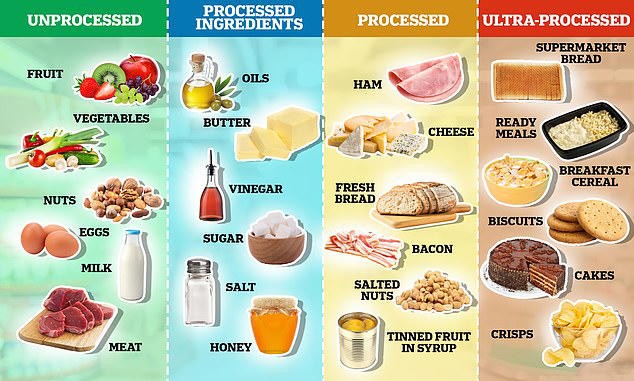
A groundbreaking Spanish research study has revealed a concerning connection between ultra-processed food (UPF) consumption and academic achievement among teenagers. The study, which examined nearly 800 adolescents aged 12-17, found that students who regularly consumed UPFs scored notably lower in language, mathematics, and English subjects.
The research, published in the journal Nutrients, analyzed the dietary habits and academic records of participating students during 2021-2022. Results showed that teens consumed an average of four UPF servings (approximately 240 grams) weekly. When comparing academic performance, researchers discovered a clear pattern - students who ate the most ultra-processed foods consistently achieved lower grades across all subjects compared to peers who consumed fewer UPFs.
The impact was particularly evident in specific ultra-processed categories including sweets, fried foods, sugary beverages, processed dairy products, and fast foods. Interestingly, not all UPFs showed negative correlations - sausages, for instance, displayed no connection to academic outcomes.
Several factors may explain this relationship between diet and academic performance. Ultra-processed foods typically lack essential nutrients needed for optimal brain development while containing high levels of artificial additives, added sugars, and saturated fats. The sugar content can cause energy fluctuations, leading to fatigue and reduced alertness. Poor sleep quality associated with UPF consumption may also impair decision-making, attention span, and memory retention.
The study's findings emphasize the role of nutrition in educational success during adolescence - a critical period for brain development. While the research team notes that their observations cannot definitively prove causation, the results suggest that reducing ultra-processed food intake could potentially support both academic achievement and overall development in teenagers.
This research adds valuable insight to growing evidence linking diet quality to cognitive performance and educational outcomes. The findings may help inform future dietary guidelines and school nutrition policies aimed at optimizing student success.